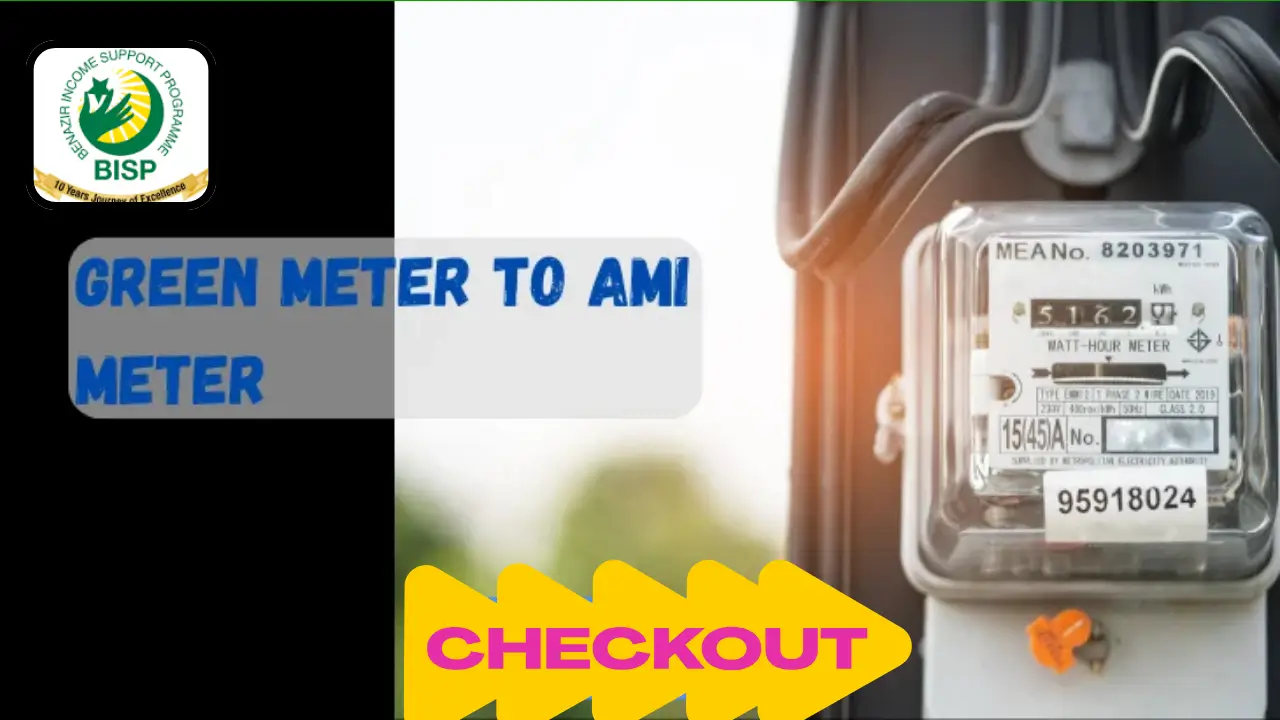DISCOs Smart Meter Implementation – Benefits and Updates
DISCOs Smart Meter Implementation is transforming Pakistan’s electricity distribution sector by addressing long-standing challenges such as inaccurate billing, electricity theft, and delayed revenue collection. Traditional meters often rely on manual readings, which are prone to errors and disputes between consumers and Distribution Companies (DISCOs). By replacing these outdated systems with smart meters, utilities are moving toward a more efficient, transparent, and consumer-focused electricity network.
Smart meters are more than just a technological upgrade—they represent a major shift in how electricity is measured, monitored, and managed. By providing real-time data, enabling remote monitoring, and reducing human error, smart meters benefit both utilities and consumers. The rollout of this program ensures a modernized, transparent, and reliable electricity distribution system for the country.
Punjab Bar Council Election 2025 Result
Understanding Smart Meters
A smart meter is a digital device that records electricity usage in real-time and communicates this data directly to the utility. Unlike traditional meters that require manual reading, smart meters transmit data remotely, eliminating human error and delays. Consumers also gain the ability to monitor their own usage, identify patterns, and make adjustments to reduce energy costs. This functionality lies at the heart of DISCOs Smart Meter Implementation, ensuring both parties benefit from accurate, accessible information.
Why DISCOs Are Transitioning to Smart Meters
Distribution companies face significant operational and financial challenges due to outdated meters. Manual meter reading is labor-intensive and prone to tampering, often resulting in revenue loss. Smart meters address these issues by providing accurate, real-time data, reducing theft, and improving revenue collection. Additionally, they support faster fault detection, helping DISCOs restore power more efficiently and improve service reliability for consumers.
Ehsaas Program Registration 8171 NADRA
Benefits for Utilities and Consumers
The adoption of smart meters brings advantages to both DISCOs and electricity consumers. The table below summarizes the main benefits:
| Stakeholder | Main Benefits |
|---|---|
| Utilities (DISCOs) | Accurate billing; reduced operational costs; faster fault detection; improved revenue collection; easier tamper detection. |
| Consumers | Transparent billing; ability to monitor real-time usage; better control over energy consumption; potential savings on electricity bills. |
Rollout Updates and Progress
The rollout of DISCOs Smart Meter Implementation has been steadily advancing. Initial deployments focus on urban and high-loss areas, where energy theft and billing errors are most prevalent. The goal is a systematic replacement of traditional meters nationwide, with minimal disruption to consumers. Urban households and commercial establishments are prioritized, ensuring that areas with the highest consumption benefit first from accurate measurement and monitoring.
9 November Holiday in Pakistan 2025 – Official
Financial Implications
Smart meters have clear financial benefits for both DISCOs and consumers. For utilities, operational costs decrease because manual readings are eliminated, and losses due to theft are reduced. For consumers, accurate billing combined with real-time monitoring allows for smarter energy management, which can reduce electricity bills over time. Households that adopt energy-efficient practices alongside the smart meters stand to gain even more from the implementation.
Challenges in Implementation
Despite the advantages, there are challenges in deploying smart meters:
- Consumer Awareness: Many users are unfamiliar with smart meters and their benefits, which may cause hesitation.
- Installation Costs: Although long-term savings are significant, the upfront cost of smart meters may concern some consumers.
- Data Privacy: Real-time usage tracking may raise concerns about data security.
- Maintenance: Utilities must ensure that smart meters are properly maintained and quickly repaired when technical issues arise.
Addressing these challenges is key to the long-term success of DISCOs Smart Meter Implementation.
Petrol Prices Pakistan Latest Updates
How Consumers Can Prepare
Consumers can take several steps to make the transition smooth:
- Check with their DISCO about installation schedules.
- Learn to access usage data through the utility’s app or portal.
- Review historical electricity bills to compare consumption after installation.
- Adopt energy-efficient practices to maximize savings.
Being proactive ensures a smooth transition and allows consumers to benefit fully from the new system.
Ehsaas Kafaalat & Taleemi Wazaif
Future Prospects and Innovations
The adoption of smart meters opens the door to future energy innovations. Potential features include time-of-use tariffs, integration with rooftop solar systems, real-time outage notifications, and advanced grid analytics. These enhancements provide both financial benefits and sustainability advantages, making DISCOs Smart Meter Implementation a long-term investment in a modernized energy ecosystem.
Conclusion
The implementation of smart meters by Pakistan’s DISCOs marks a transformative step in the country’s electricity sector. With improved billing accuracy, reduced energy theft, and better service reliability, DISCOs Smart Meter Implementation offers significant benefits for both consumers and utilities. While challenges such as costs, consumer awareness, and data privacy exist, the long-term advantages are clear.
Consumers can take advantage of smart meters by monitoring their usage, adopting energy-efficient practices, and actively engaging with their DISCOs. For utilities, this program is a pathway to efficient operations, sustainable revenue collection, and a more reliable electricity distribution network. Overall, DISCOs Smart Meter Implementation represents a win-win solution that will help modernize Pakistan’s power sector while empowering households to manage their energy usage more effectively.
BISP Disqualified Persons Update






